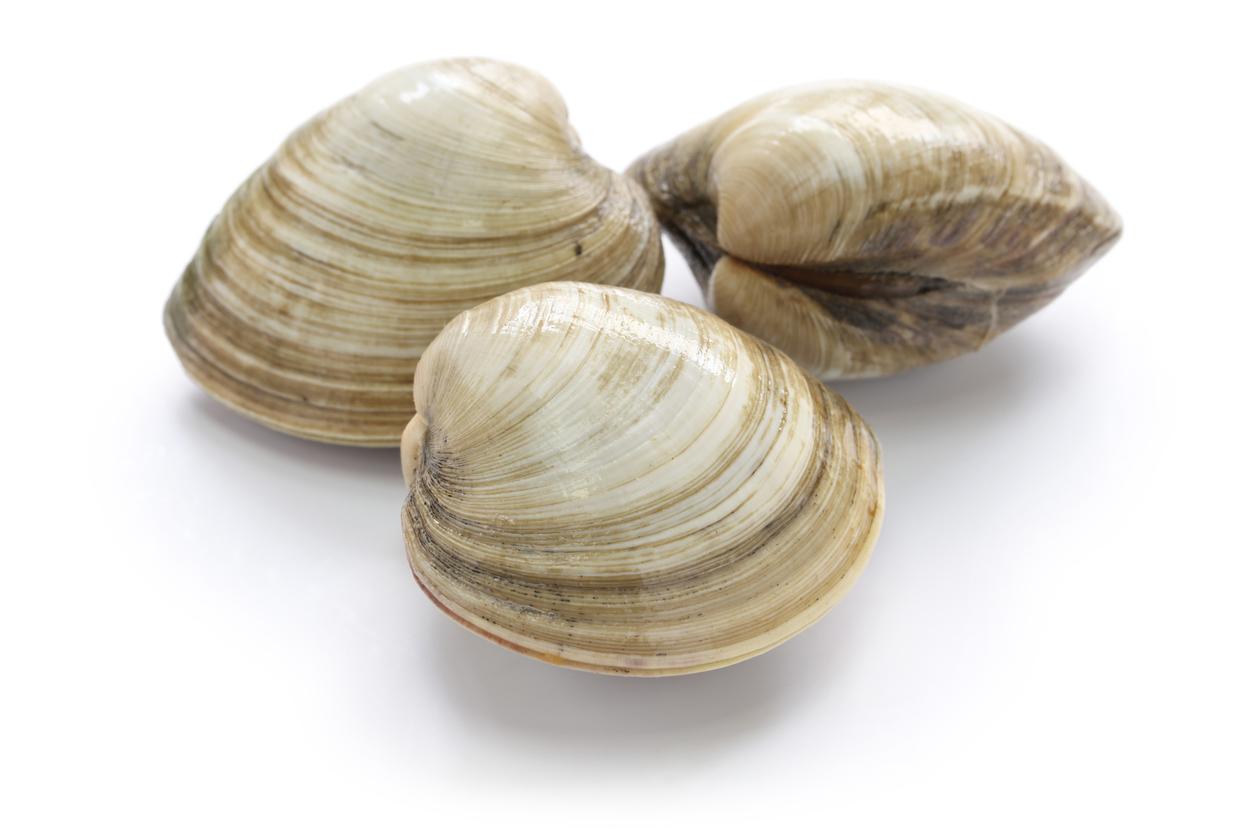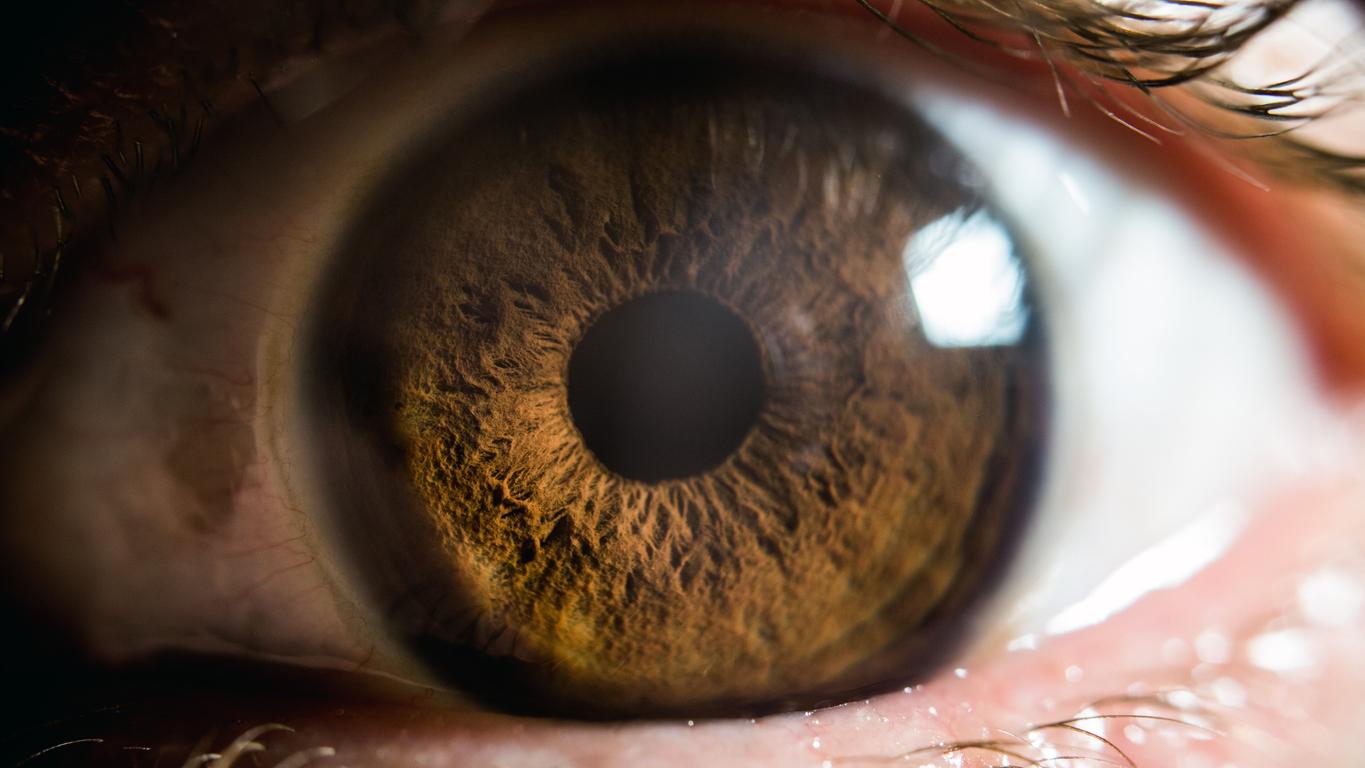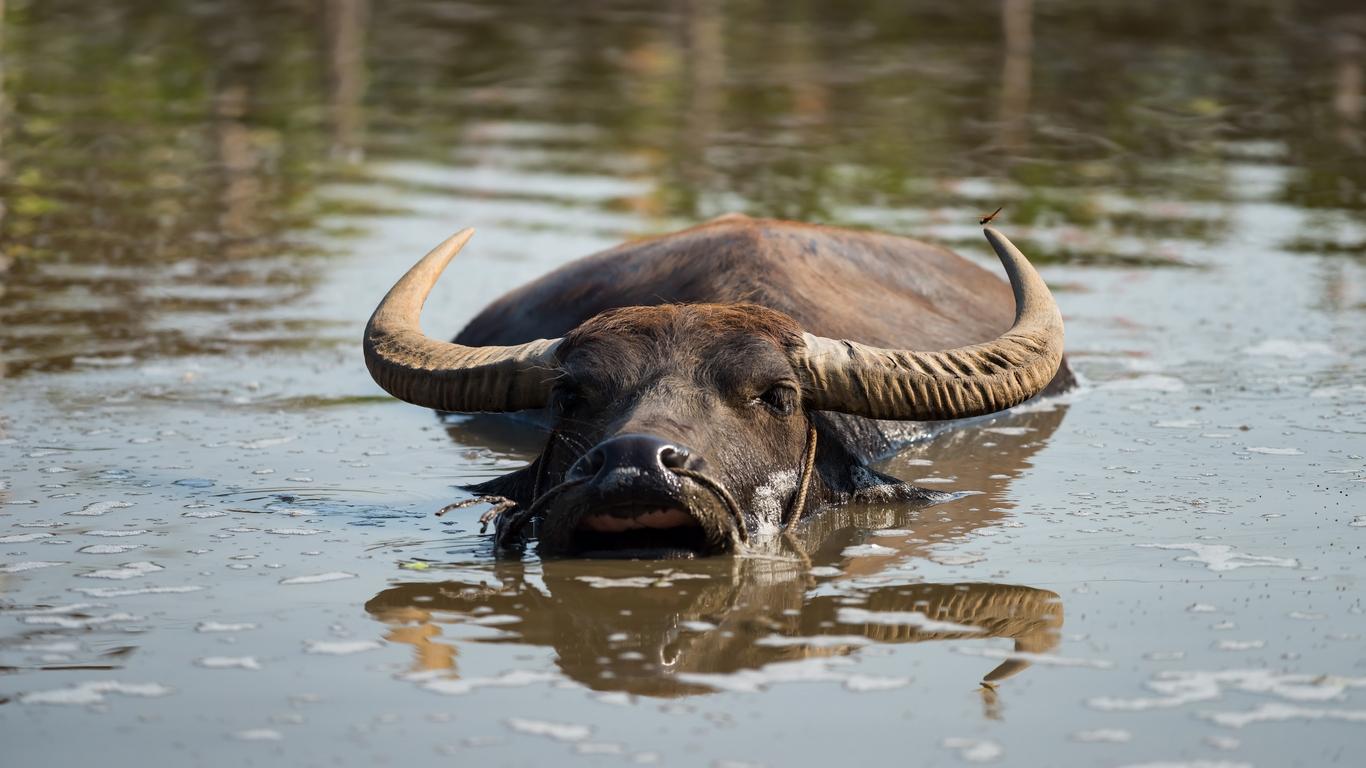The genes of certain clams could make us live more than 500 years. Explanations.

- New research has shed light on why some clams (or “bivalve molluscs”) live more than 500 years.
- Their secret to youth would be written in their genes.
- “Many genes associated with longevity in bivalves had already been associated with longevity in other species,” underlines study author Mariangela Lannello.
Humans are living longer and longer, with our average global life expectancy increasing by two decades in the last 60 years alone. But we are still small players compared to other species: some turtles can live for more than 190 years without problem, certain whales more than 200 years and certain sharks more than 400 years.
Some clams live more than 500 years
In order to understand the reasons for these exceptional lifespans, researchers have chosen to focus on the “bivalve molluscs“, which include clams, mussels, oysters and scallops. These animals in fact have a particularity that makes them stand out in the eyes of scientists: instead of having a uniform longevity, they can live from 1 to more than 500 years depending on the species.
“I have always been fascinated by the fact that certain species of bivalves live extremely long lives,” declared Mariangela Lannello, co-author of the study and researcher at the University of Bologna, in a press release.
“When I realized that no one had ever studied this exceptional longevity in the context of molecular evolution, I knew that we absolutely had to start analyzing longevity in these animals,” she continues.
In order to determine what could explain the exceptional longevity of certain bivalves, Mariangela Lannello’s team decided to examine the genomes of four species: Arctica islandica, Margaritifera margaritifera, Elliptio complanata and Lampsilis siliquoidea, including peak ages ranged from 150 to 507 years. They then looked at 29 other species of bivalves whose lifespans were much shorter.
Genes that allow clams to live more than 500 years identified
By comparing genomic data from the different species, the team was able to identify the genes that separated long-lived from short-lived bivalves. The research also revealed some familiar names: “many genes associated with longevity in bivalves had previously been associated with longevity in other species,” notes Mariangela Lannello.
“An important implication of this finding is that lifespan extension may involve common genetic factors in species that are very distant from each other,” explains the researcher.
The study also highlighted a handful of genes that are not knowns to regulate longevity. “We think these genes are interesting new candidates to test to determine if they play a role in extending lifespan, not only in bivalves but also in other species.” (including Man) concludes Mariangela Lannello.

















